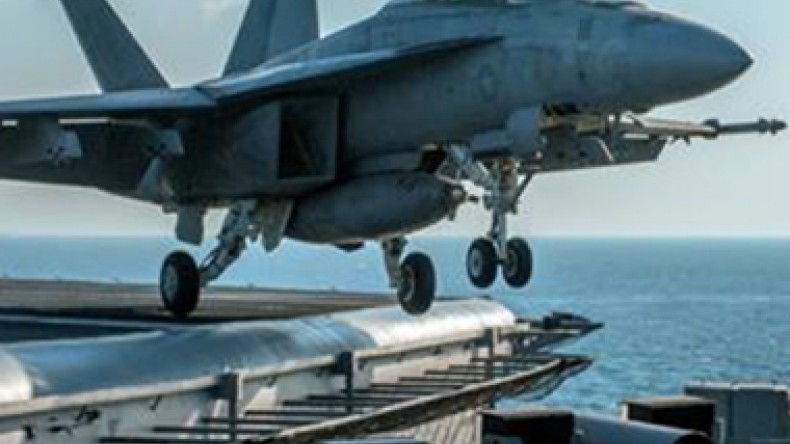
US on horns of dilemma: How to defeat ISIL and contain Iran
Together the United States and Iran could easily defeat Islamic State, but this victory would play into hands of Iran and its Middle Eastern allies and ruin Washington's relations with Saudi Arabia and Israel, a US expert noted, according to Sputnik.
After United States military forces defeat Islamic State, Washington must ensure the delicate balance of power in the Middle East, upset in the wake of the Second Gulf War, the Arab Spring, and the emergence of ISIL, noted Sean Mirski, a US expert in international affairs.
According to the expert, Islamic State must be defeated, but not at the cost of Iran's "destabilizing" rise.
"President Obama must be careful not to lose sight of the broader American strategy for the region: together, Tehran and Washington could easily defeat Islamic State, but victory would come at the cost of a significant step toward Iranian regional hegemony and a potential sectarian crisis of unparalleled proportions," Sean Mirski underscored.
The expert admitted that many experts point to the fact that Iran is a "key part of the battle against [ISIL]," and some go so far as to say that the victory over Islamic State is impossible without Tehran's help.
However, Mr. Mirski stressed that Washington should diminish the coalition's dependence on Iranian and Shia militia: "Ongoing attempts to sideline the Shia militias in the campaign to retake the Anbar province are a step in the right direction," he emphasized.
The expert believes that President's Obama deal with Iran "has come at a bad time" and may need to be adapted to match the realities on the ground.
Washington should keep its Middle Eastern allies' interests in mind, the expert noted, in reference to Saudi Arabia and Israel, and "try to condition the deal on limits to Iran's regional adventurism."
He cited Prince Saud al-Faisal, the Saudi foreign minister, who complained that "Iran is taking over Iraq."
On the other hand, the US should also act as a broker between the Iraqi government and Kurds, who would probably try to protect the independence they gained during the war against Islamic State.
The compromise is possible, the expert believes, since Baghdad is not inclined to indulge Kurdish secessionism and the Kurds do not want to fight a civil war against the Iraqi government.
President Obama has declared that his goal is to "degrade and ultimately destroy" ISIL, but Washington's grand strategy in the Middle East requires more than this immediate objective.
The United States should engineer a system of balances across the region that would prevent the sectarian strife and at the same time forestall Tehran's rise, Sean Mirski underscored.
Newsfeed
Videos






























